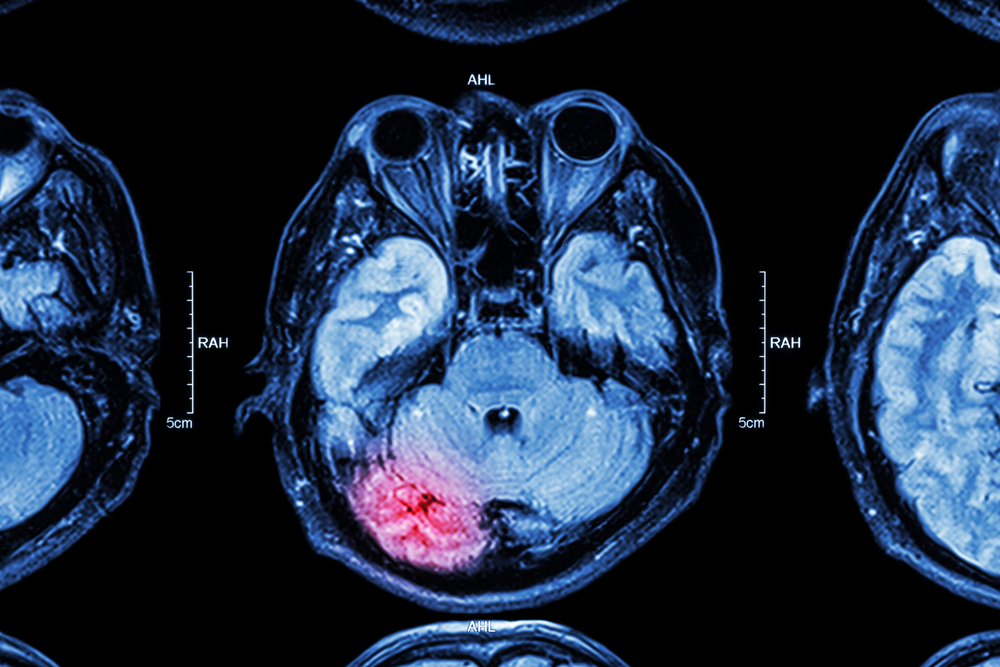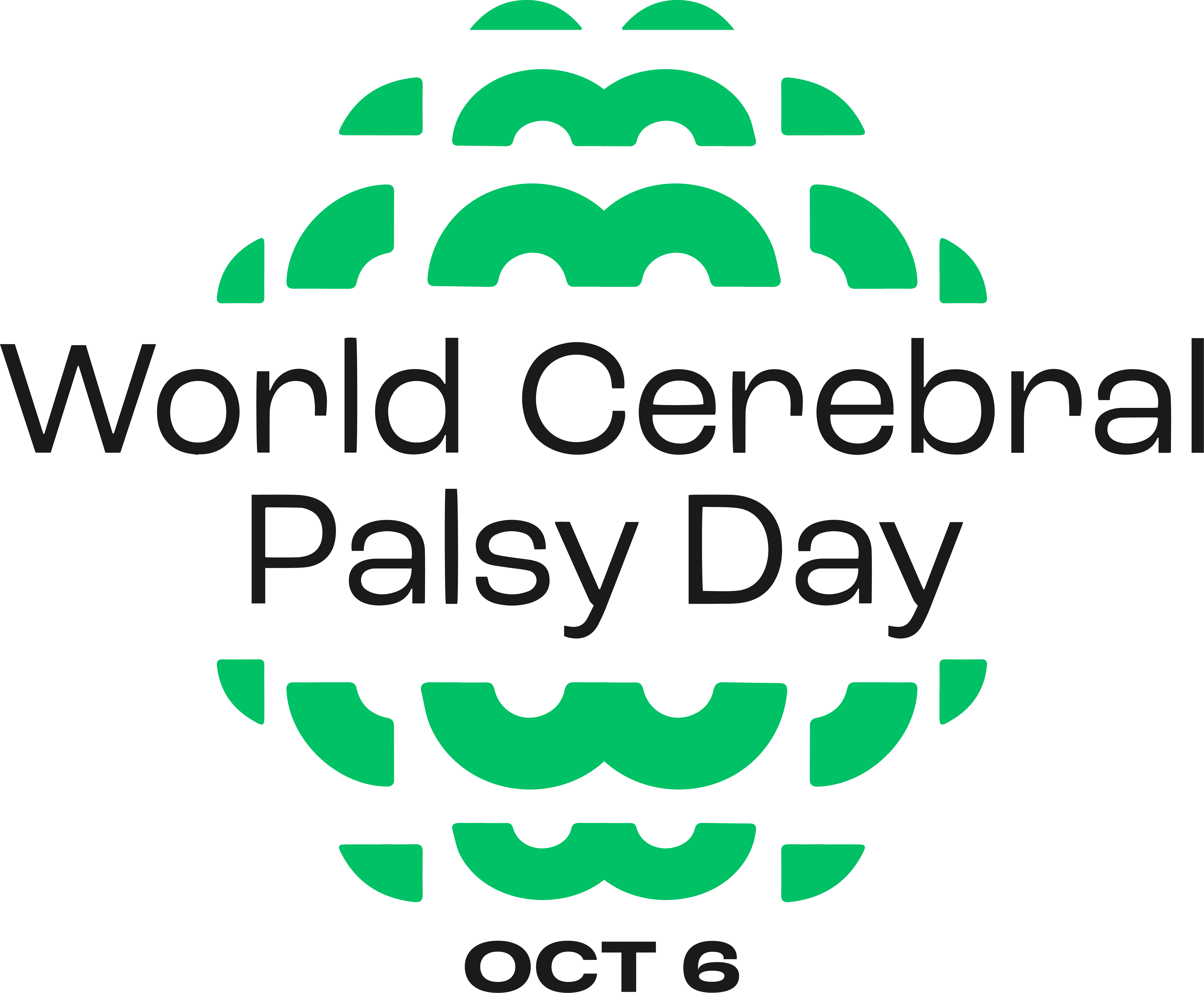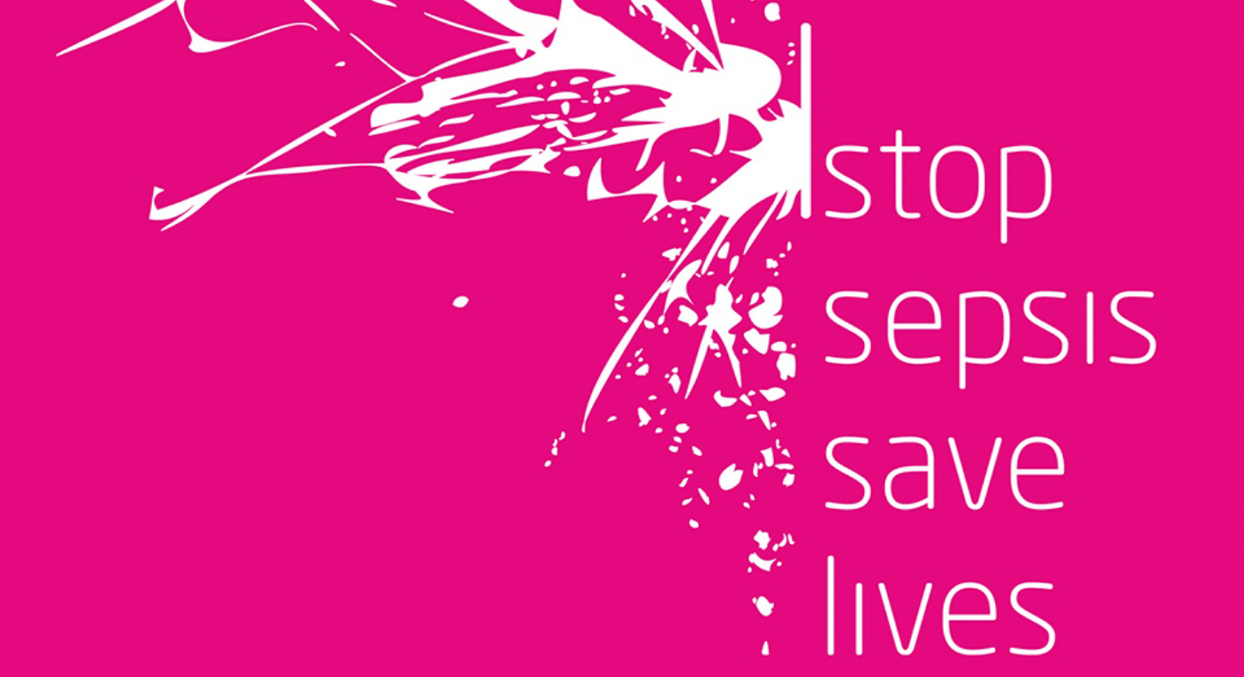Launched in 2014, World Encephalitis Day takes place on 22 February each year to raise global awareness of encephalitis, a serious condition that causes inflammation of the brain and can be life-threatening.
While encephalitis is a relatively uncommon condition, it nonetheless affects thousands of people worldwide. In the UK alone, estimates suggest up to 6,000 new cases of encephalitis will occur each year. Anyone can be affected by encephalitis, but very young and very old people are most at risk.
What is encephalitis?
Encephalitis is a critical condition where the brain becomes inflamed, often due to an infection. It can be triggered by various factors including infections spreading to the brain and autoimmune disorders where the immune system mistakenly attacks the brain.
Some of the most common signs of encephalitis, for both infectious and autoimmune, include:
- fever
- headache
- confusion
- seizures
In more serious cases, encephalitis can lead to uncharacteristic behaviour, speech and movement difficulties, or an alteration in the level of consciousness. If left untreated, encephalitis can lead to permanent brain damage.
How do you treat encephalitis?
Treatment for encephalitis often includes hospitalisation, varying from a few days to several weeks or months, where doctors focus on managing the symptoms and addressing the underlying cause of the inflammation.
What are the long-term effects of encephalitis?
Early detection and intervention are crucial in improving outcomes, but recovery varies based on the severity of encephalitis. Some people may make a full recovery, while others recuperate more slowly and some experience lasting, challenging effects. Even with the right treatments, cognitive impairments, motor difficulties, and verbal challenges affect some encephalitis patients even sometime after the condition itself passes.
Ongoing rehabilitation and support, such as physical therapy and cognitive rehabilitation, play an essential role in helping individuals working on skills they may have lost due to encephalitis and therefore regain their independence.
Why is World Encephalitis Day important?
World Encephalitis Day is crucial in helping more people recognise the symptoms of encephalitis in a timely way, to prevent as much damage from occurring as possible. This day also highlights the importance of ongoing research into the causes and treatments of encephalitis, which is an often a complex and poorly understood condition.
Encephalitis and medical negligence
Considering the severity and often life-threatening aspect of the condition, encephalitis requires urgent medical attention. If diagnosed and treated early, many people can recover with minimal long-term effects. However, when encephalitis goes undiagnosed, or is not treated promptly, it can lead to serious complications.
Victoria Williams, Senior Associate in our Clinical Negligence team, comments: “Encephalitis is a serious condition which can have long-lasting and life-changing effects for patients. This is particularly true where the medical treatment provided for a patient is inadequate. If there has been a delay in reaching a diagnosis of encephalitis, or a delay in providing the correct treatment to help, the impact can be devastating.”
More information can be found on brain inflammation charity Encephalitis International’s website.
Paralegal Eliza Papavarnava contributed to this article.
You can find further information regarding our expertise, experience and team on our Clinical Negligence page.
If you require assistance from our team, please contact us.
Subscribe – In order to receive our news straight to your inbox, subscribe here. Our newsletters are sent no more than once a month.





